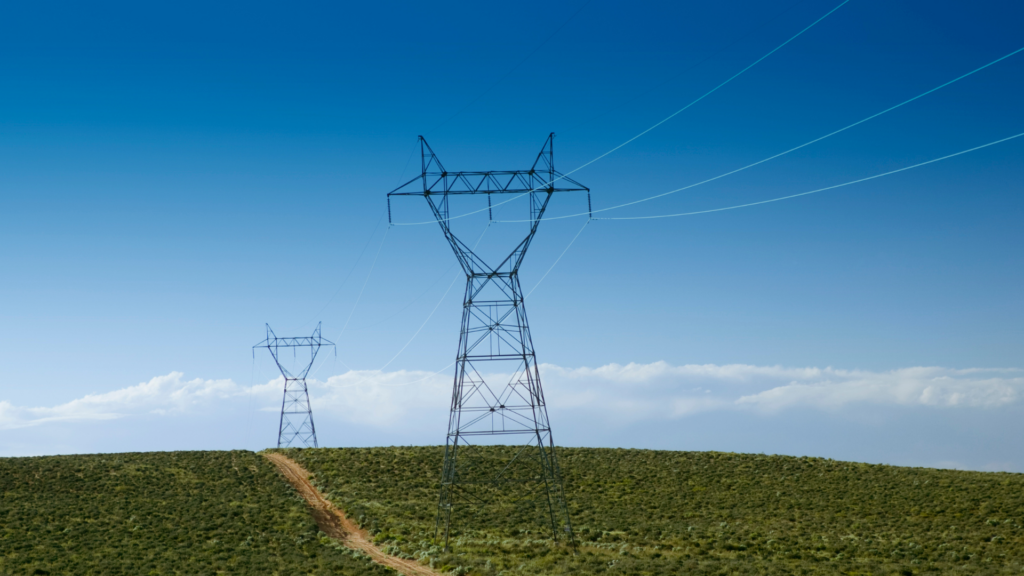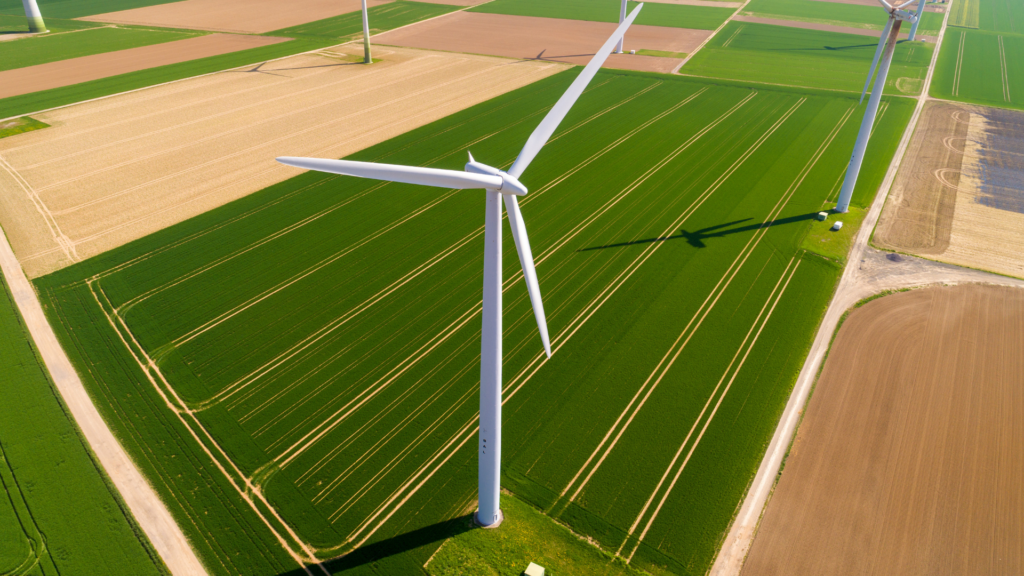19.08.2019 / News
Sustainability Requirements for Batteries: Supporting the Development of the EU Battery Value Chain
EU policymakers are currently considering a regulatory proposal for sustainability requirements that must be met by all batteries manufactured and/or deployed in the EU.
Energy storage technologies are essential for both sustainable mobility and the integration of increasing shares of renewable energy sources into the energy system while maintaining an efficient and secure operation of the grid. Different policy measures are needed to promote the research, development, and deployment of all energy storage technologies, including batteries: R&D funding must be directed towards this challenge and the energy market design must create a level playing field for all technologies.

For batteries in particular, it is important also to develop requirements on ethical sourcing of raw materials as well as strict sustainability requirements (e.g. touching on durability, low carbon footprint, reusability, recyclability of batteries, etc).
For this reason EASE supports efforts by EU policymakers to bolster the manufacturing and deployment of safe and sustainable battery technologies across the EU and believes that a proposal for sustainability requirements could have a positive impact on the industry, provided that several key points are carefully considered:
1. Mobile and Stationary Storage Devices Work Differently
Mobility and stationary applications of batteries differ significantly; therefore, if the two are regulated together, they should have clearly differentiated categories with specific requirements for each category. In particular, minimum performance requirements (e.g. energy density, durability, capacity, etc) cannot be set for all batteries regardless of application. Batteries for back-up applications will need a limited number of cycles (i.e. In the range of 100 cycles), batteries for solar PV integration will need daily cycling (i.e. in the range of 3,000-6,000 cycles) and EVs normally need a weekly cycle (i.e. in the range 500-1,000 cycles in their lifetime).
2. Rethink, Reuse, Recycle
It is important to achieve high recycling efficiency rates for all batteries, in order to ensure sustainable use and reuse of materials and avoid inappropriate end-of-life disposal. EASE supports ‘design for recycling’ requirements that could help increase efficiency of recycling plants.
Second life applications for batteries (repurposing batteries for stationary applications after their use in electric vehicles) could potentially extend the lifetime of batteries. However, there are a number of risks and barriers to second life applications, as described in a recent EASE paper. It is important to underline that second life applications are not a panacea: once EVs become mainstream, there will be a very high number of EV batteries, not all of which can be absorbed into stationary applications. Moreover, new energy storage products specifically designed for stationary applications may have better performance and safety outcomes. Therefore, the potential for second life applications should be considered alongside strict requirements for recycling.
The European Commission should consider efforts to ensure recovery of critical raw materials (CRMs) from batteries. Design for recycling and minimum recycling targets could facilitate recovery of CRMs. In addition, tracking the specific CRM content of each battery product is key for making recycling easier and more successful.
3. Think bigger
When selecting the right incentive for battery technologies, EASE believes that it is important to be open-minded and not exclude some technologies from the market. Policies should not be developed based on only a few battery technologies and then extrapolated onto all battery technologies – of which there are many besides Li-ion batteries.
Although Li-ion batteries are at the moment the de-facto reference for batteries, it is fundamental to broaden the discussion among policymakers to all technologies – present and future – in order to not hamper the development of alternative battery technologies. Otherwise, other world regions will take the lead in developing alternative technologies, leaving the EU behind.
EASE looks forward to working with policymakers to implement the different policies and calls on policymakers to consider the added value of all energy storage technologies – thermal storage, power-to-gas, mechanical storage, electrical storage, and battery storage.




